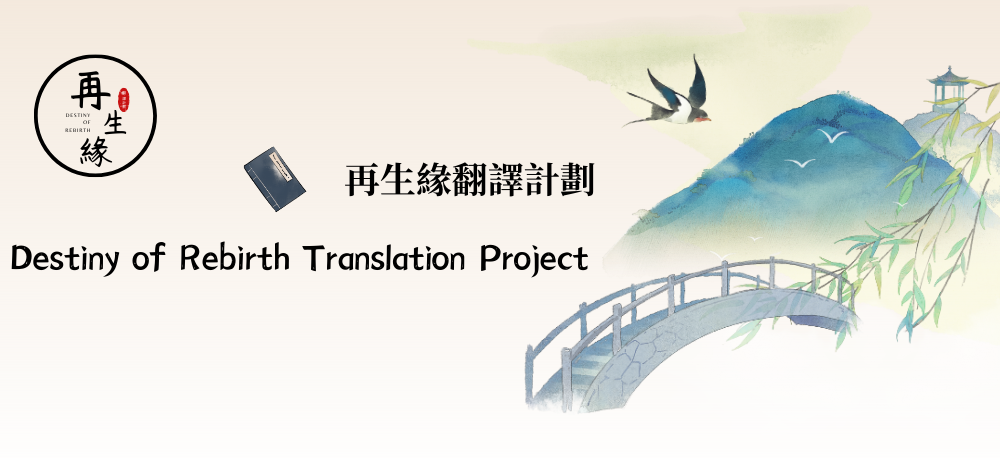Refers to Su Qin 蘇秦 and Zhang Yi 張儀, two of the most famous lobbyists throughout Chinese history.
Both of them live in the Warring States Period, and were said to be students of guiguzi 鬼谷子, the founder of zongheng jia 纵横家[The School of Political Strategy]. In the Warring States Period, there were seven major states (the State of Han 韓, Zhao 趙, Wei 魏, Chu 楚, Yan燕, Qi 齊, Qin 秦) with the State of Qin 秦國 being the most powerful one, which later on unified China.
Su Qin was famous for his strategy of hezong 合縱 [Vertical Union], which means canvassing the six states, excluding Qin, to form an alliance against it.
Serving for the State of Qin, Zhang Yi, in contrast, was famous for his strategy of lianheng 連橫 [Horizontal Solidarity], which means persuading members of the six states to ally with Qin. Link to a map of Warring States (the second image): https://brandscovery.com/business/content-2251669-rules-war-during-china-s-spring-and-autumn-period. Seeing the geographical location, you can understand how the term “vertical union” and “horizontal solidarity” got their names.
